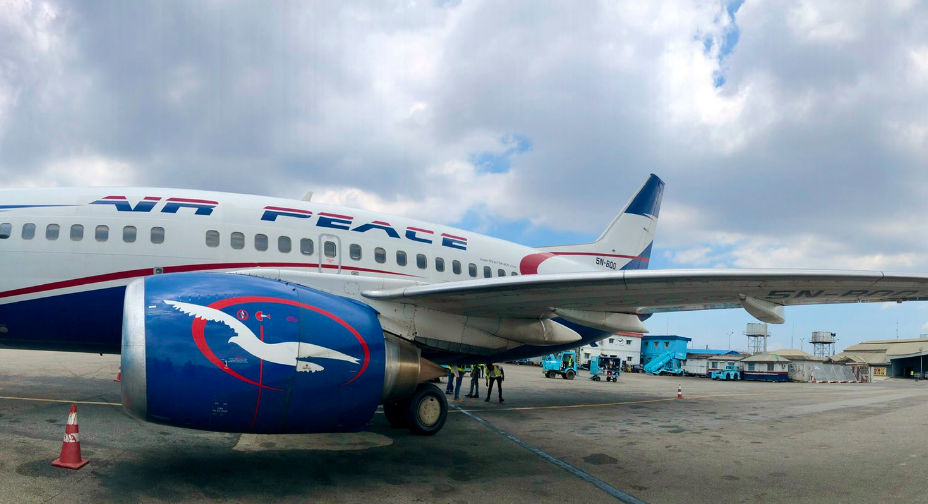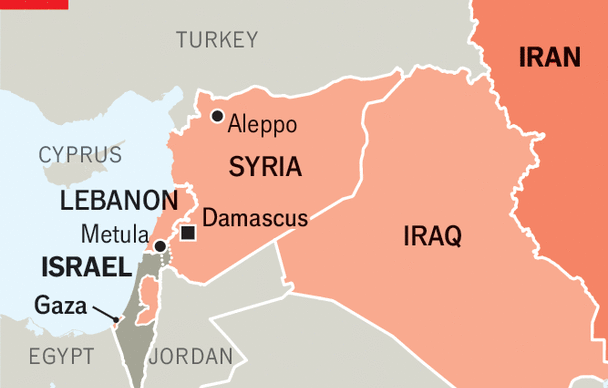Etihad, Emirates, Qatar, Turkish, Saudia and More Face Around 400 Flight Delays and Cancellations at Dubai, Doha, Amman, Istanbul, and Sharjah Airports Amid New Regional Travel Chaos Triggered by Escalating Israel Iran Tensions - Travel And Tour World
Saturday, June 21, 2025

Around 400 flights have been delayed or cancelled across key Middle Eastern airports today as major airlines including Etihad, Emirates, Qatar, Turkish, Saudia and more grapple with escalating Israel-Iran tensions that have triggered a new wave of regional travel chaos. The disruptions, centered at major aviation hubs in Dubai, Doha, Amman, Istanbul, and Sharjah, stem from rising security threats, airspace instability, and rerouting complications, forcing carriers to delay departures, cancel connections, and rethink flight paths in response to mounting geopolitical uncertainty.
Dubai International Airport, the region’s busiest hub, experienced and . Emirates, the UAE’s flagship carrier, recorded , while its budget counterpart FlyDubai reported another , reflecting the brunt of the operational strain.
Additional airlines hit at Dubai include Air India, Saudia, SpiceJet, Air Canada, KLM, Aeroflot, and United Airlines. Regional carriers such as Qatar Airways, Kuwait Airways, and Flynas also faced scattered delays.
The mounting uncertainty in nearby airspace, largely due to the tit-for-tat military exchanges between Israel and Iran, has placed added stress on flight routing, security protocols, and turnaround logistics at Gulf airports.
Over in Qatar, registered and , making it the second most affected airport in the region. The bulk of these were operated by Qatar Airways, which saw and . The disruption extended to international partners as well, with flights from IndiGo and American Airlines also being scrapped.
Qatar Airways, known for its extensive regional and international network, is particularly vulnerable to ripple effects caused by geopolitical unrest, given its central location in the Gulf and its high volume of connecting flights.
In Jordan, faced a severe operational crunch with and . The hardest-hit carrier was Royal Jordanian, which recorded and , reflecting more than of its scheduled operations.
Ryanair and Air Arabia also saw full cancellations on affected routes, while smaller disruptions hit Pegasus Airlines and Qatar Airways in Amman. Although the Jordanian capital is not directly involved in the conflict, its airspace proximity to conflict zones has raised alerts among aviation authorities.
In Turkey, experienced and , largely impacting Pegasus Airlines, which saw and .
Turkish Airlines reported , while FlyDubai and Jazeera Airways each logged one to two delays as well. Though Turkey has maintained diplomatic distance from the conflict, the sheer volume of air traffic flowing through its airspace has left it exposed to regional volatility and last-minute routing changes.
Sharjah International Airport in the UAE may be smaller than Dubai, but it didn’t escape the impact. The airport recorded and , the majority involving Air Arabia. Other affected carriers included Fly Jinnah, Air India Express, Kenya Airways, and Pakistan International Airlines.
Sharjah typically handles lower-cost regional carriers, but with tighter margins and leaner schedules, even a minor disruption causes a significant operational ripple effect.
This latest wave of air travel chaos comes as , with missile exchanges and air defense maneuvers dominating headlines. The threat of conflict expansion has led to airspace restrictions, last-minute no-fly zones, and delays in securing flight paths, especially in and around the Gulf and Levant.
Airlines are responding with caution. Several have begun rerouting flights to avoid potentially dangerous corridors, causing longer travel times and congestion over alternative routes. In addition, heightened security checks, crew fatigue management, and extended ground handling procedures have contributed to the disruption.
Passengers flying into or out of the Middle East are urged to . Many airports have increased staffing and real-time monitoring, but the unpredictability of the situation continues to strain even the most resilient travel networks.
Industry analysts warn that if geopolitical tensions intensify further, the current chaos could evolve into , impacting even routes to Europe, Asia, and North America that pass through the Middle East.
Affected Airlines:
(Note: U.S. airlines listed based on sample overlap with Amman data set — may partially reflect connecting delays.)
Affected Airlines:
Affected Airlines:
- IndiGo: 1 delay
- Air Cairo: 1 delay
- Pakistan International Airlines: 1 delay
- US-Bangla Airlines: 1 delay
- Delays: 321
- Cancellations: 75
- Combined Disruptions: 396 flights affected
Around 400 flights were delayed or cancelled today at major Middle Eastern airports as Qatar Airways, Emirates, Turkish Airlines, Saudia, and EgyptAir faced widespread disruption due to escalating Israel-Iran tensions that triggered regional airspace instability and operational chaos.
In total, today’s disruptions across the five airports amount to 321 delayed flights and 75 cancellations, bringing the total to nearly 400 affected flights. This widespread travel disturbance underscores how political conflict can rapidly ripple through the interconnected aviation industry, grounding travelers, rerouting cargo, and leaving regional operators scrambling.
Airlines are continuing to monitor the security landscape, but for now, passengers are caught in the middle of one of the year’s most dramatic flare-ups in the skies.
Tags: Airline News, Amman, Doha, Dubai, Emirates, etihad, iran, Israel, Istanbul, QATAR, Saudia, Sharjah, travel industry, Travel News, Turkish










